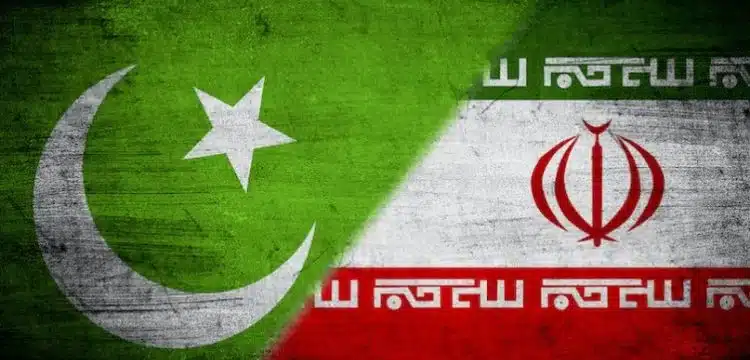[vc_row][vc_column][vc_column_text dp_text_size=”size-4″]
In the aftermath of Tehran’s airstrikes in Balochistan and the subsequent retaliatory actions by Pakistani forces, Pakistan and Iran have taken steps to de-escalate the heightened tension. Foreign Minister Jalil Abbas Jilani engaged in a telephonic conversation with his Iranian counterpart, and both nations reached an understanding to cool down the situation.
The diplomatic dialogue between the foreign ministers signifies a diplomatic effort to address the recent military exchanges and prevent further escalation. The talks are crucial in easing the strained relations between the two neighboring countries and restoring a sense of stability in the region.
Raed mroe : Biden Highlights Regional Disapproval Of Iran Post Pakistan Airstrikes
Foreign Minister Jilani is expected to provide a comprehensive briefing on the outcomes of his conversation with the Iranian official during the meeting of the National Security Committee in Islamabad. The committee, which plays a vital role in formulating and advising on matters related to national security, is convening to assess the situation and discuss the diplomatic developments.
The de-escalation agreement reflects the diplomatic channels being utilized to navigate through the tensions and find common ground. Both countries recognize the importance of regional stability and the need to avoid further hostilities. By engaging in diplomatic dialogue, Pakistan and Iran aim to address the root causes of the recent military actions and work towards establishing a more cooperative and peaceful relationship.
The National Security Committee, consisting of key stakeholders and decision-makers in matters of national security, will play a significant role in evaluating the situation and determining the future course of action. The insights provided by Foreign Minister Jilani regarding the diplomatic discussions will contribute to informed decision-making within the committee.
Overall, the telephonic conversation between the foreign ministers and the subsequent de-escalation agreement underscore the importance of diplomatic solutions in resolving conflicts and promoting regional stability. As both countries navigate through these challenging circumstances, diplomatic efforts remain essential in fostering understanding, addressing grievances, and building a foundation for cooperation in the long run.
[/vc_column_text][/vc_column][/vc_row]











